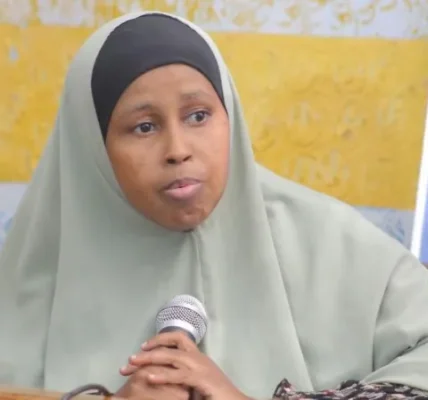 A secret? I have no idea but I think it is largely luck. I try to make sure that all my problems are taken care of during my normal working hours which can be around 18 hours a day or more but when I get to bed, I fall asleep.
A secret? I have no idea but I think it is largely luck. I try to make sure that all my problems are taken care of during my normal working hours which can be around 18 hours a day or more but when I get to bed, I fall asleep.
What was growing up in Nigeria like for you?
I was a voracious reader. I read everything and any piece of paper lying around, including scraps. I was just fascinated by the reading word, and of course, I was also intrigued by a lot of things going around me. I asked questions. I was always asking questions and not satisfied with the surface of things.
How would you describe the civil war of 1967 to 1970?
A waste! It was a total waste. (It was) A gross and costly error. It was an avoidable error. It was an unjust war. I was appalled by the fact that we went to war so easily. I believe very much in the right of self-determination. Otherwise, what was Independence all about? What was the entire struggle for liberation on the African continent all about if it was not about the rights of people to determine their own destiny? To find us fighting a war to preserve the demarcations inflicted on us by foreign instruments was for me a function of abject mental enslavement. It was surrendering our will. And the readiness to go to war and lose close to two million people to preserve something that was imposed on us by total aliens was for me a humiliating fact. It is worse than the crime against ourselves. It is also a denial of who we are as creatures of reason, volition and self-determination. It made nonsense of what I considered we were. The consequences are still with us today.
You met the late General Odimegwu Ojukwu, who led the Biafrian side of the war when he was alive. How would you describe him?

